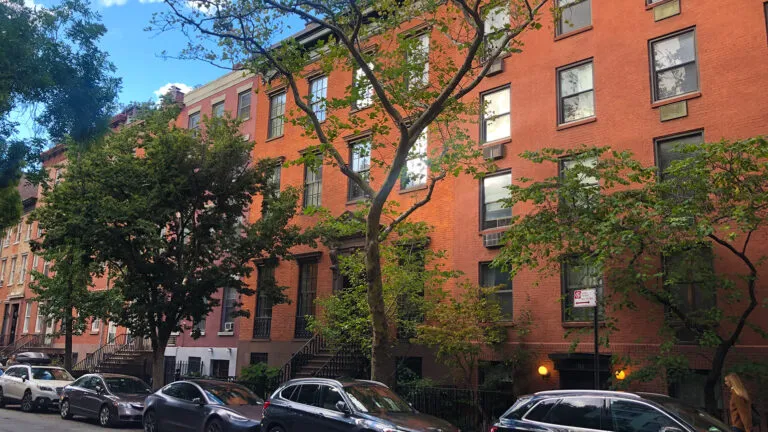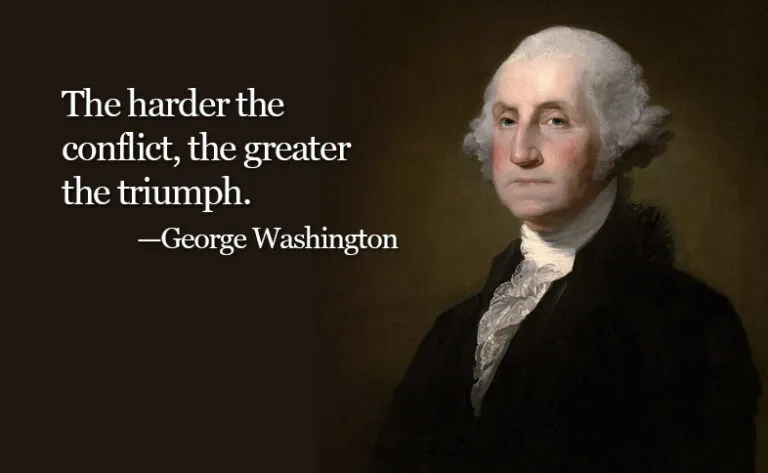What does it matter that a year has gone by? Last April I blogged about a day my daughter Frances and I spent in the Connecticut River town Essex. We were in Connecticut because my wife Kate was leading a church retreat there.
Kate led the retreat again last weekend and once more Frances and I escaped to Essex. Same place. Different year. Last time the weather was unnaturally warm. This year it was cold, a little rainy. Last year Frances was two, just learning to play hide and seek. This year she’s three, master of a daunting vocabulary, more physically intrepid than her parents can sometimes stand.
Essex is unchanged, as it will ever be. It’s a genteel little town, dedicated to the past, to preservation. No mod cons there. Essex still has its own tiny toy shop (which we visited, good little Brio setup), its own tiny bookstore (which we didn’t visit), a luxe library (sadly closed on a Saturday afternoon, no doubt a victim of budget cuts) and an old playground that reminds me of the one at my elementary school, lots of worn wood and creaky swings.
What’s changed in the year that’s gone by? And why do things change anyway? Time is another word for change, a way of measuring it, and so I suppose my real question is, why do we live in time? Why does nothing stand still? I recently edited a Guideposts story by a mother so grieved by the simple fact of her boys’ growing up—all those childhood moments inexorably swallowed by time—she found it impossible to breathe easy. Life seemed like one long, slow process of loss.
Life is loss. Or at least time is. Physicists have another word for time: entropy. Entropy is a measurement of the universe’s inevitable progression toward disorder. The universe began as an infinitesimally small, infinitesimally ordered singularity. From the moment of the Big Bang the energy and matter contained in that singularity have been becoming gradually less ordered. Planets, stars and galaxies drift apart. Matter breaks down. Energy is expended.
For physicists time is the measurement of that progression from order to disorder. It’s because of entropy that we can remember the past but not the future, or that our actions affect the future but not the past. Physicists call that movement from past to future, that progression from order to disorder, the “arrow of time.” The arrow goes only one way. The universe never gets more orderly. You can’t go back in time.
Here’s what I find interesting about all this physics (meaning: here’s what it has to do with Essex). Physicists know how entropy works. They know about the arrow of time. But they don’t know why it happens that way. California Institute of Technology physicist Sean Carroll put it this way in a recent New York Times science article: “Now, the origin of the arrow of time is a mystery. Based on the laws of thermodynamics, we understand how it works. But we don’t understand why there is an arrow.”
In other words, scientists are as baffled about this basic aspect of life as you and I are. Why do we live in time? Why can’t we return to the past? Why do we grow old and die? Why is Frances three now, and I’m 38, and this time in Essex we went to the playground and had dried apricots for snack, and last time we ate grapes and Frances was two and became terrified when, for a moment, she lost sight of me playing hide and seek? Why do things change? Why do we mourn the change? Why does turning three mean you will soon turn four, and then 40, and then 80, and then you will be dead? Why can’t we live forever?
My faith tradition actually poses some answers to those questions. I’m always interested when people of faith have answers people of science aren’t yet willing to risk. I don’t quite see how scientists will ever answer Sean Carroll’s question about the arrow of time. Science isn’t good at why questions. Not the big ones anyway.
For myself, I believe the arrow of time imposes a burden on us, a responsibility. Christians live in hope that there is some larger form life that sidesteps time’s arrow. Call it eternity, call it heaven, call it being with God. Whatever you call it, we live hoping that the word life is not, in the end, completely surrounded by the word time. On the contrary, time is merely a subset of life, perhaps even an erroneous understanding of life that, for reasons we don’t fully grasp, we are cursed to endure from birth to death.
The responsibility in that is to live that circumscribed life as if it were not circumscribed. To practice a larger kind of life while still shoehorned into this smaller version. That means rejoicing in the present, not mourning its passing. Giving thanks for what we have, not yearning for what we’ve lost or may never have. The Jesuit priest Pierre Teilhard de Chardin once said that “joy is the most infallible sign of the presence of God.” It may be that in joy we also see most clearly, glimpsing the life with God that is outside time’s arrow.
For some reason I feel that kind of joy with Frances in Essex. We’re outside time there, too, a dad and daughter playing hooky from real life, meandering around a small town, poking into a toy store, noodling at a playground, eating snacks. Someone Kate and I know, a parent of grown kids, said to us recently, “The one thing I regret saying to my kids when they were little is, ‘Hurry up!’ Now those days are gone and I’ll never get them back.” Well, my day with Frances at Essex—this year at least—is gone now. But I’m not mourning it. We didn’t hurry. The joy is still with me.




